Emery’s Path to Hope: Overcoming Bladder Exstrophy
Emery was born in Indiana, USA, in 2021 with a rare congenital condition called Classic Bladder Exstrophy. This condition involves the bladder being located outside the body, along with the control mechanisms that normally regulate urinary continence. Despite this defect, children with Bladder Exstrophy are otherwise healthy and develop normally in every other aspect.
Bladder Exstrophy is rare, affecting only about 12–15 children per year in the UK, with slightly more cases in boys than girls. As Prof Mushtaq explains: "The bladder is open and on the outside. Apart from Exstrophy, these children are completely normal children."
Emery underwent her first surgery at just seven weeks of age at a specialist centre in Indianapolis. This procedure involved bladder closure and osteotomies, requiring a prolonged hospital stay, which is typical in the US. While the procedure was successful, she remained incontinent with constant leaking of urine. As her mother, Ashlyn, explained: "The US strategy for treatment comes with a lot more unknowns and leaves things to chance.
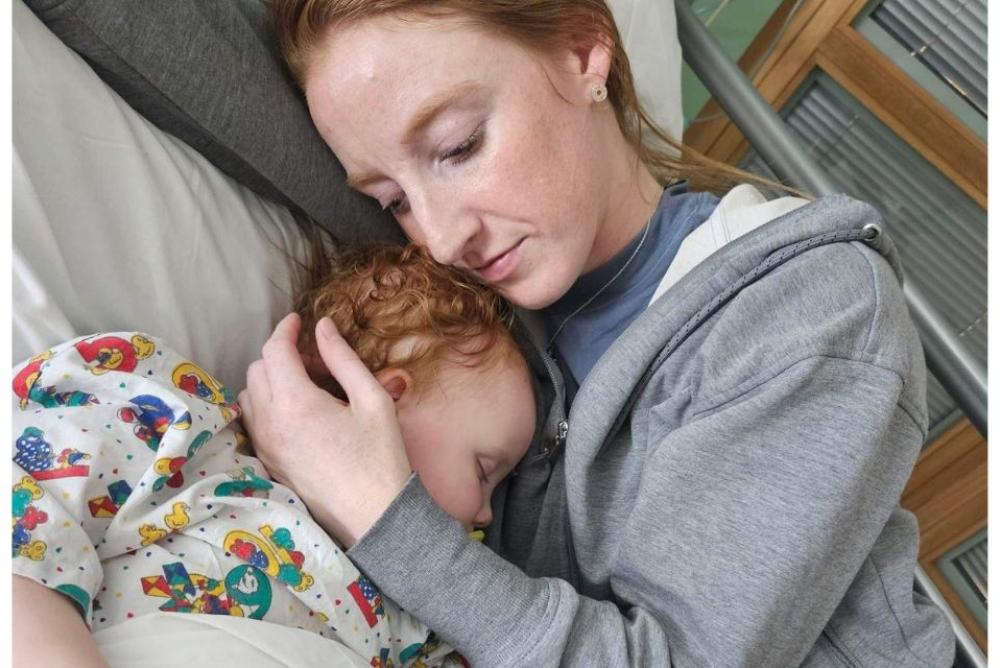
The Discovery of GOSH
As Emery approached her first birthday, Ashlyn and her husband, Andy became increasingly dissatisfied with the unpredictability of outcomes in the US. They began exploring alternative surgical approaches, seeking a solution that would offer more certainty. Their breakthrough came when Ashlyn discovered a post about the Kelly procedure on Facebook, a surgical approach for managing bladder exstrophy that was currently unavailable in the United States.
After conducting thorough research, they found Professor Imran Mushtaq at Great Ormond Street Hospital for Children (GOSH), who specialises in Bladder Exstrophy care. In October 2022, Emery’s family had an initial video consultation with the urology team at GOSH. During this meeting, Prof Mushtaq explained the Kelly procedure, an approach first described by Dr Justin Kelly in Melbourne and subsequently practiced in GOSH since 1998. This discussion included its benefits and why it is performed at an earlier age compared to North American practices. Prof Mushtaq emphasised that one key difference in GOSH’s approach was to perform a bladder neck reconstruction in every patient at 12 – 18 months of age, which therefore allows parents to commence potty training at the same time as their peers. The Thompsons were reassured by the thoroughness of the explanation and the success stories from other families.
After careful consideration, the family decided to proceed with the surgery as self-pay patients. They successfully raised the funds through family contributions and a GoFundMe campaign, receiving support from over 150 donors worldwide. They felt confident that GOSH's approach offered a better and more predictable outcome for Emery.
Prof Mushtaq also highlighted the growing trend of American families seeking alternative options: "There are many different ways to manage Bladder Exstrophy around the world, and increasingly, there are a lot of families in America who are not quite happy with the treatment strategies being offered and therefore are exploring other treatment options."
In April 2023, Emery and her family travelled to London for a specialised procedure called the Kelly operation. This four-hour surgery focused on two key areas:
Bladder Neck Reconstruction – Designed to enable urinary continence by allowing the bladder to retain urine.
Cosmetic Reconstruction – Aimed at improving both functionality and appearance as part of a holistic approach to her care.
Unlike the North American approach, which often involves delayed or staged surgeries, GOSH’s approach integrates these reconstructions into a single operation.
The surgery went smoothly, and Emery remained in the hospital for a week post-operatively, during which her family was trained in catheter care and other aspects of her recovery. After four weeks, all tubes and catheters were removed, and Emery demonstrated good bladder function.
The Experience at GOSH: More Than Just Medical Care
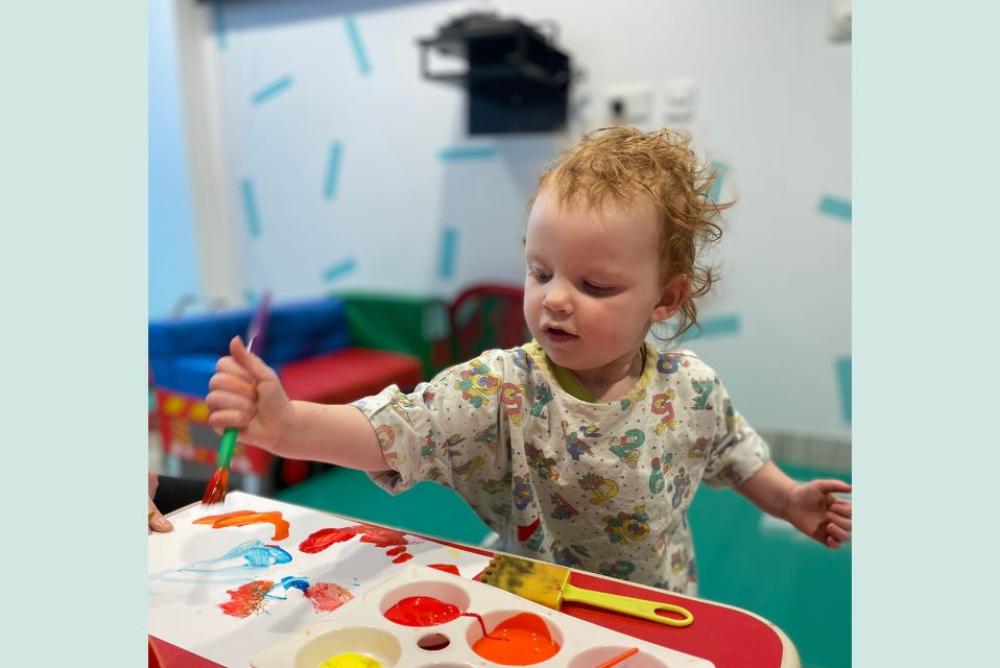
Ashlyn recalled their experience at GOSH with deep appreciation: "Our experience at GOSH was everything we had hoped for and more. The biggest standout, besides the wonderful people, was how much everyone prioritised our daughter’s emotional and mental well-being, not just her physical outcomes."
The family spent nearly six weeks in England, with Emery staying in the hospital for eight days, plus an additional overnight stay after a minor complication. During their time at GOSH, they utilised the hospital's facilities, including the Disney play area and the outdoor spaces. These resources provided vital moments of relief and joy for Emery and her parents during what could have been a challenging time.
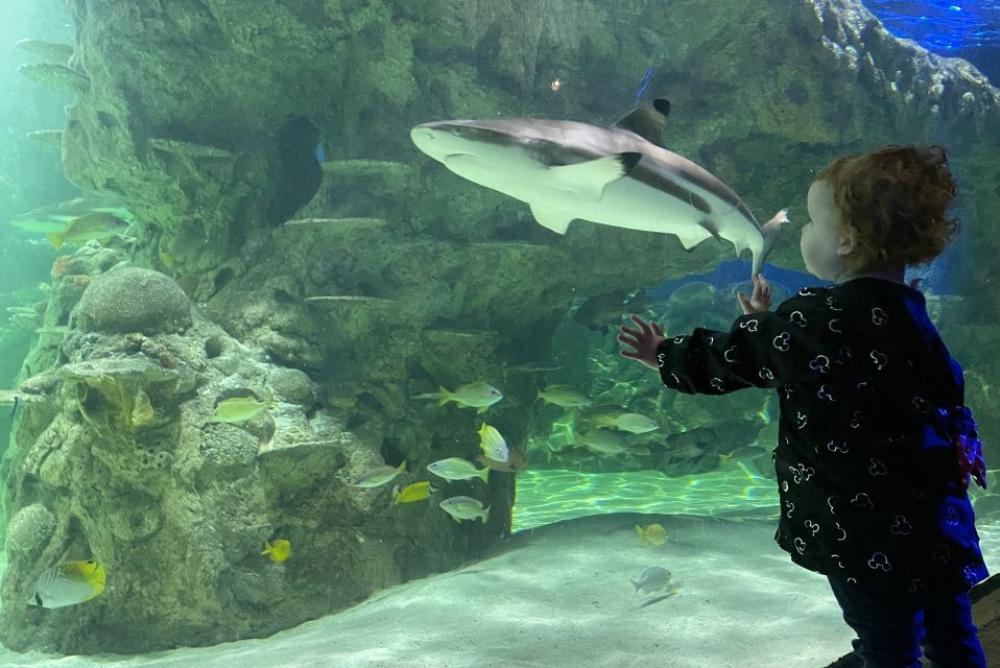
Recovery and Progress
Emery recovered well and returned to the US just over a month after her surgery. Within 18 months, she achieved complete urinary continence and potty training—an outstanding outcome for a child with Bladder Exstrophy. Prof Mushtaq remarked, "after we did Emery’s operation, everything went well... She’s continued to make extremely good progress, and within about 18 months, she became completely dry, potty trained, and is no longer wearing nappies. This is an extremely good outcome from the surgery."
Emery’s story also highlights the importance of collaboration between international and local teams. Dr Kaefer, Emery’s surgeon in Indianapolis, provided critical support to the family before and after the surgery. Prof Mushtaq acknowledged the significance of this relationship, "what's unique in her case is the amazing support she received from her local surgeon, Martin Kaefer, who has been her surgeon from birth... He gave the family extra reassurance that whatever happened, he would look after her when she came back."
Dedicated Team
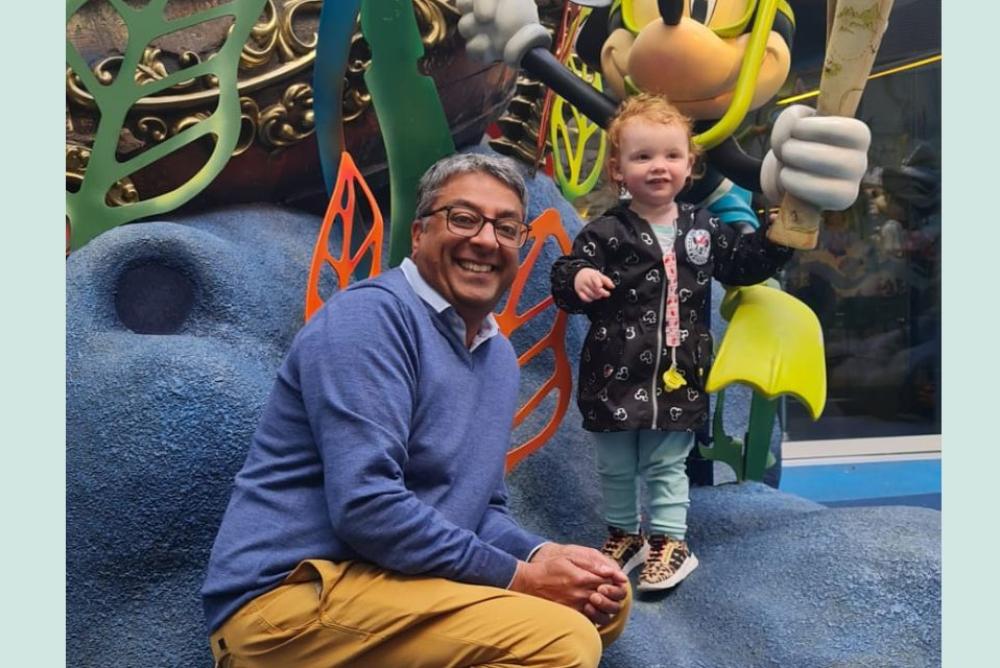
Prof Mushtaq’s dedication and expertise were central to Emery’s successful treatment. Ashlyn shared her admiration for the care Emery received: "He is truly a wonderful human being who goes above and beyond. GOSH is beyond fortunate to have him."
Another key figure in Emery’s recovery was the Bladder Exstrophy Clinical Nurse Specialist Karen Ryan, who provided invaluable support during the recovery process.
One standout moment came when Emery partially dislodged her catheter late at night. Professor Mushtaq personally guided the family through repositioning it, offering both medical and emotional support during a stressful time.
Life Today
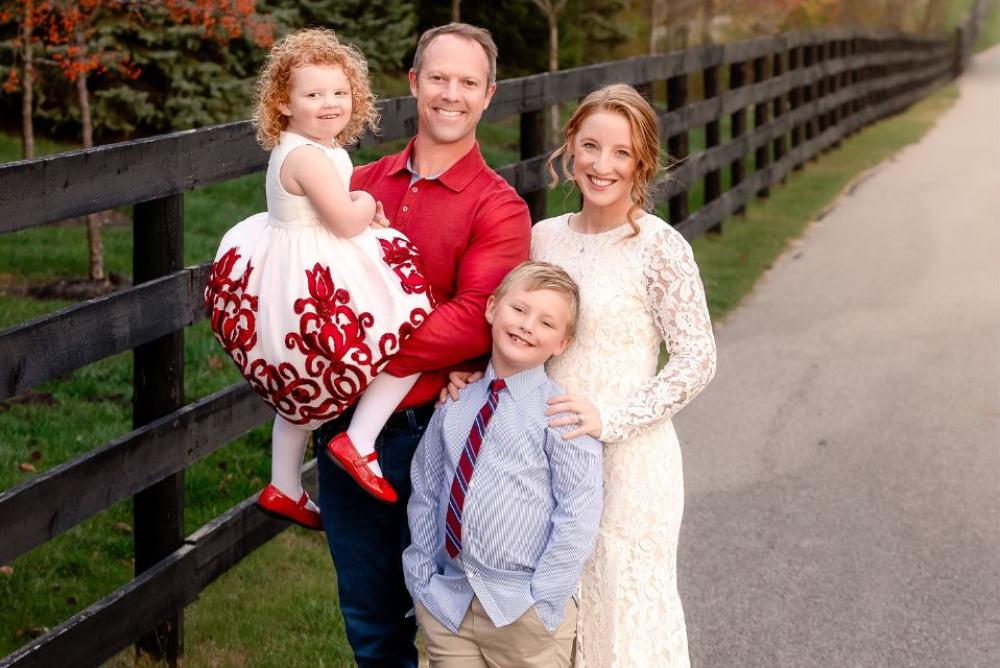
Emery is now a vibrant and energetic three-year-old, enjoying Disney princesses, outdoor adventures, and making others laugh. Her parents are confident that the decision to seek care at GOSH was the best one they could have made for Emery's future.
At 3½ years old, Emery is thriving. She attends nursery school, living free of urinary infections and no longer needing nappies. Her family’s journey is a testament to the profound impact of GOSH’s patient-centred approach, which goes beyond medical care to nurture the emotional and long-term well-being of patients.
As of late 2024, Emery continues to receive annual check-ups to ensure her bladder and renal health remain stable. Prof Mushtaq emphasised the importance of ongoing monitoring, "she will need annual check-ups, including ultrasounds and bladder tests, to track her progress and address any potential concerns. While she currently doesn’t need medication, continued follow-up care is crucial for ensuring her long-term health."
Reflecting on their experience, Ashlyn said "the decision to go to GOSH wasn’t an easy one, but it was the best choice we ever made. Emery has exceeded every expectation, and we’re beyond grateful for the care and support we received. It wasn’t just about the surgery—it was about her whole well-being, both physically and emotionally. GOSH gave us hope and a future we never thought possible."


